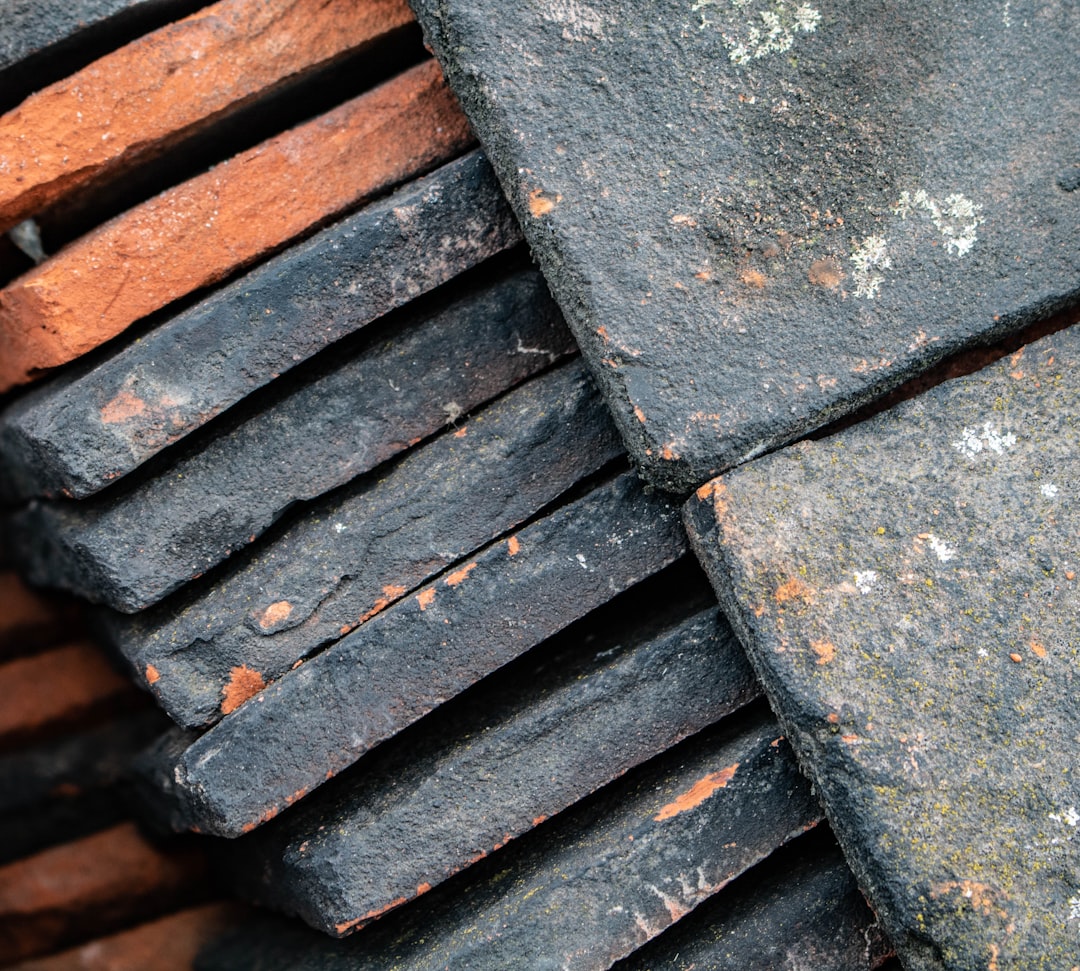Roofer Kaihanga Tuanui
Roofers repair or install roofs using materials such as roofing iron, tiles and shingles.
Some roofing work has to be carried out or overseen by a Licensed Building Practitioner.
Roofers may do some or all of the following:
- select and estimate the amount of materials to be used
- measure roofs
- erect scaffolding and rig safety equipment
- remove old or damaged iron, tiles or other materials from roofs
- do minor repairs to the structure of roofs
- cut roofing materials to size and attach roofing and cladding to buildings
- install spouting, downpipes and flashing.
Roofers who run their own business may also prepare quotes and invoices for clients.
Physical Requirements
Roofers need to have:
- excellent fitness and health and must be strong as they lift heavy building materials
- good hand-eye co-ordination
- a good sense of balance.
Useful Experience
Useful experience for roofers includes any work in the building and construction industry, especially plumbing and carpentry.
Personal Qualities
Roofers need to be:
- safety conscious
- comfortable with heights
- quick and efficient, with an eye for detail
- able to follow instructions
- able to work well as part of a team
- good at basic maths
- organised.
Skills
Roofers need to have:
- knowledge of roof construction and repair
- knowledge of different roofing materials such as tiles, corrugated iron and butyl rubber (roofing rubber)
- the ability to read and interpret building plans
- understanding of the New Zealand Building Code and relevant roofing codes of practice
- knowledge of health and safety regulations, including the proper use of safety equipment.
Conditions
Roofers:
- usually work regular hours, but may sometimes work for extended hours and on weekends
- work on houses and buildings that are being built, repaired or altered
- work at heights and outside, except when conditions are too dangerous because of rain, wind or snow
- travel locally to jobs.
Subject Recommendations
No specific secondary education is required for this job, but construction and mechanical technologies, maths and physical education to at least NCEA Level 2 are useful.
Year 11 and 12 learners can find out more about the construction industry, and gain relevant skills, by doing a National Certificate in Building, Construction and Allied Trades (Level 1 and 2) through the BConstructive programme.
For Year 11 to 13 learners, trades academies and the STAR and Gateway programmes are good ways to gain relevant experience and skills.
These programmes may help you gain an apprenticeship, but do not reduce the amount of time it takes to complete it.
Related Subjects
Roofers can earn around $23-$30 per hour.
Chances of getting a job as a Roofer are good due to a shortage of people interested in this type of work.
Pay for roofers varies depending on experience, qualifications and location.
- Apprentice roofers usually start on the minimum wage, but earn more as they gain experience.
- Unqualified roofers with one to three years' experience usually earn between minimum wage and a little more.
- Qualified roofers with one to three years' experience usually earn up to $30 an hour.
- Experienced roofers or supervisors can earn between $30 and $40 an hour.
Those running their own business may earn more than this, but their income depends on the success of the business.
Source: Roofing Association of New Zealand, 2019.
Experienced roofers may progress to set up their own business.
Roofers often specialise in either residential or commercial roofing, or a particular kind of roofing material, such as:
- tiles
- shingles
- longrun metal roofing
- architectural tray roofing
- insulated panelling
- membrane roofing.
Years Of Training
3 years of training usually required.There are no specific requirements to become a roofer as you gain skills on the job. However, many employers prefer to hire roofers who have or are working towards a qualification.
To become a qualified roofer you need to complete an apprenticeship and gain a New Zealand Certificate in Roofing (Level 4).
Industry Connection for Excellence (ICE) and Vertical Horizonz oversee apprenticeships for for roofing.

 Bethlehem College
Bethlehem College